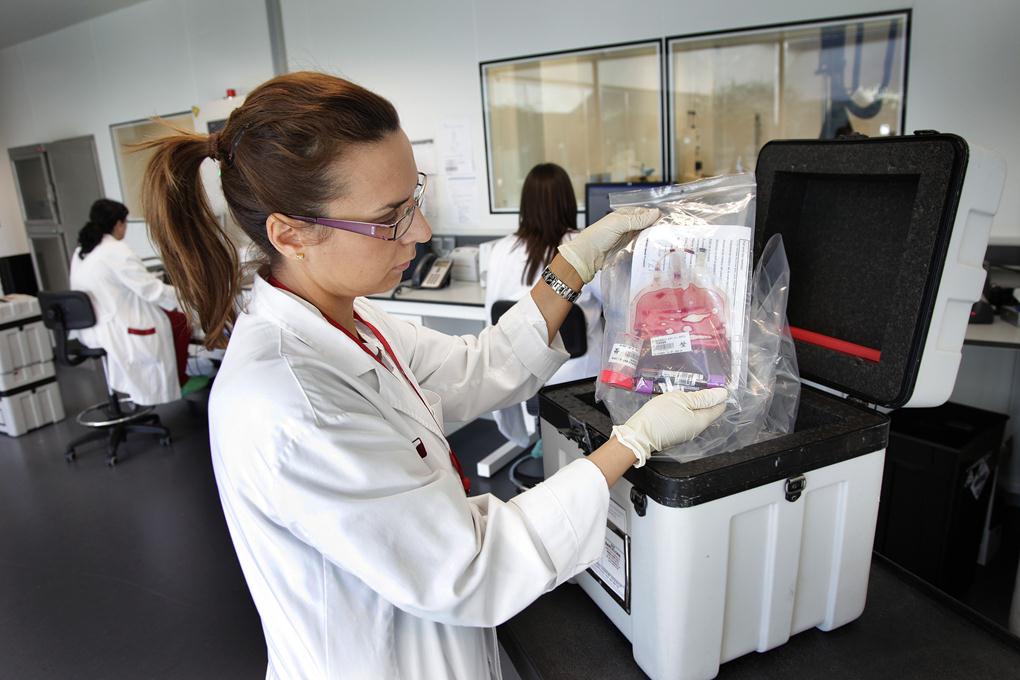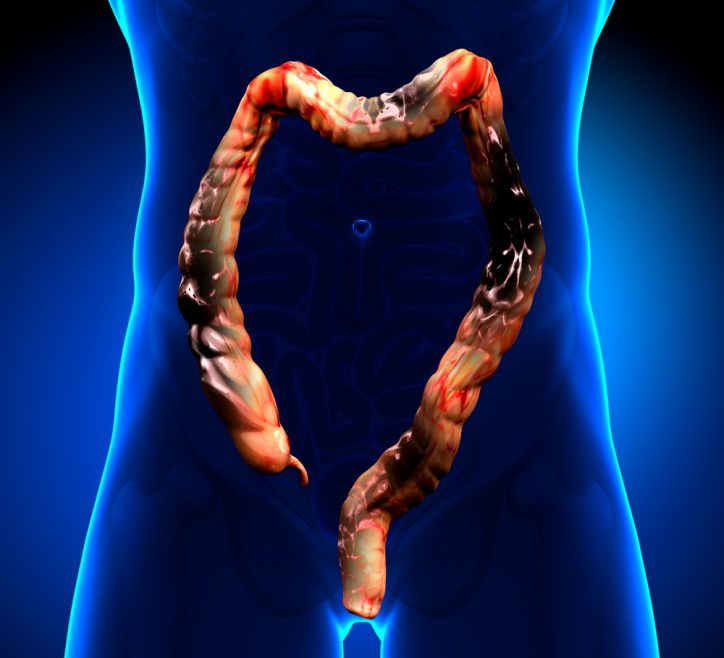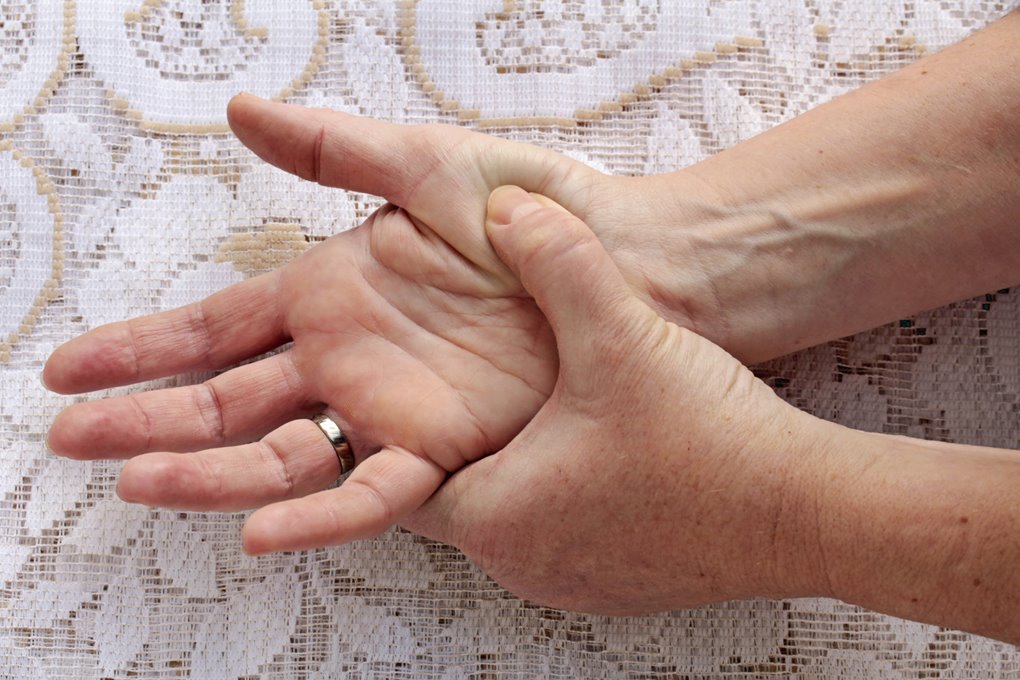Atrial Fibrillation, otherwise more commonly known as having arrhythmia or an irregular heartbeat affects thousands of people each and every year. It is a serious condition that can then lead to a person suffering a stroke. As we know, many die from strokes each year and if they do survive, permanent facial and body disfigurement and slurred speech can be a side effect.
So what is actually happening to the heart in a patient diagnosed with this disease? The atria, refers to two of the chambers at the top of the heart and it is inside these atria where the condition can occur. It is often described as an electrical disturbance to the heart that affects the flow of blood and the rhythm of the pulse.
What are some of the most common additional factors when it comes to identifying if you are at risk of developing atrial fibrillation?
- Age
- Heart disease
- High blood pressure
- Diabetes
So while you can not stop the aging process, if you keep yourself as healthy as possible, stay within a suitable height to weight ratio and exercise regularly, your chances of developing atrial fibrillation will be minimal. Not only that, you will keep a number of other nasty diseases and conditions at arms length as well.
You may have atrial fibrillation and not know you do as well. Some patients report that they actually feel fine, as if nothing is wrong at all. It might not be until a routine check at the doctors that you first become aware you may have this condition.
Some of the symptoms that you might want to look out for include:
- Any pain or discomfort in the chest area
- A heartbeat that seems irregular or overly fast
- Palpitations in the heart or a fast thumping feeling in the chest area
- Difficulty breathing and shortness in breath
- A feeling of unusual fatigue
- A dizzy feeling, excessive sweating, nausea or fainting
Whilst these appear to be the most common symptoms that sufferers of atrial fibrillation may experience, there may be others as well.
What action should you take if you think there is something wrong? just like it is always advisable to report anything unusual to your doctor and make that appointment sooner rather than later. A good health practitioner will help you to manage this condition and will continually monitor you with your own health plan. If you experience sudden pain in the chest area you need to take immediate action and call for an ambulance. You should never take chest pain lightly and assume it is nothing or that it will go away.
Although atrial fibrillation increases your chance of having a stroke, it doesn’t mean that if you have had a stroke you must now have the condition. Research has shown that approximately 15% of all stroke victims have also had atrial fibrillation. It is important to look after your health and could even be a good idea to monitor your pulse in between check ups with your doctor.
Sourced from: Heart & Stroke Foundation
Photo by Jennifer Boyer / CC by




